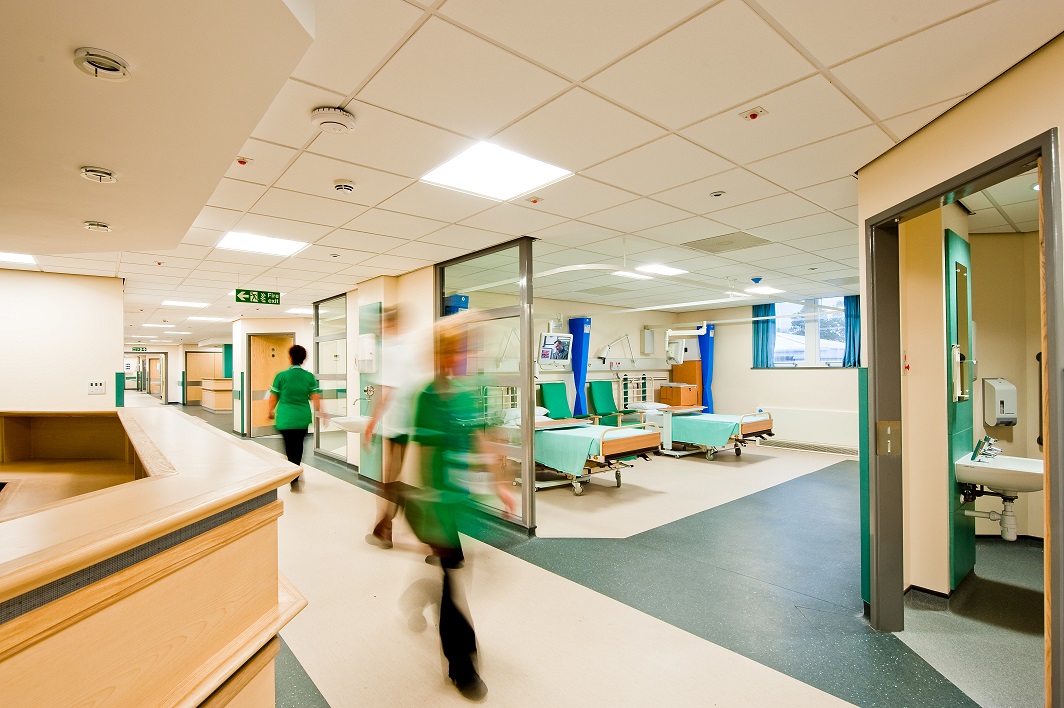If you or your child have been diagnosed with cerebral palsy and believe that the disorder has been caused by clinical negligence at birth, the solicitors at Healys can help you mount the strongest possible case for compensation.
We aim to provide:
- Free assessment of your claim.
- One to one contact with your lawyer from day one.
- Clear and unambiguous legal advice.
- Visits to you at home, hospital or in a rehabilitation centre.
- Early interim payments and funding for rehabilitation needs.
- Maximum compensation and the best outcomes for you.
Call Healys Medical Negligence Solicitors today. Our friendly team is here to help. You can see how we have helped our clients in our case studies section.
What is cerebral palsy?
Cerebral palsy is in fact an umbrella description for a set of motor and posture disorders, most of which are caused by damage suffered during birth or foetal development, with birth injury among the predominant causes.
Although there are many possible symptoms, depending on the specific cerebral palsy disorder, it is true that the most prevalent form is spastic cerebral palsy. The clinical negligence solicitors at Healys can help you claim for this type of cerebral palsy as well as other diagnostic subsets of the disorder.
What are the symptoms?
The general symptoms of this condition are muscle stiffness, floppiness, or weakness, uncontrolled and random body movements, as well as issues with co-ordination and balance.
However, there are four main types of cerebral palsy, which are listed on the NHS website.
- Spastic: When the individual has weak and stiff muscles.
- Dyskinetic: When muscle tone varies between stiffness and floppiness, which causes uncontrolled movements, spasms, and postures.
- Ataxic: When the person moves clumsily due to balance and co-ordination problems. Hand tremors might also be experienced.
- Mixed: When an individual suffers symptoms mentioned in more than one of the above categories.
How can this condition be treated?
There is no known cure for cerebral palsy, however a range of treatments is available which can help alleviate symptoms and help the individual and their family deal better with the effects of the condition. Many of these treatments work best if they are started from a young age.
Some treatments available to those with cerebral palsy are:
- Physiotherapy
- Speech therapy
- Occupational therapy
- Medication for muscle stiffness (Diazepam, Baclofen, Botulinum toxin)
- Surgery
Dystonic cerebral palsy
Dystonic cerebral palsy is relatively common, with around 15% of all cerebral palsy sufferers categorised as having dystonia. Around 15,000 people in the UK are thought to have this specific disorder.
Also called athenoid or dyskinetic cerebral palsy, dystonic cerebral palsy is caused by damage sustained to the cerebellum or basal ganglia, which then results in symptoms including twisting, tic-like movements, as well as involuntary muscle spasms and twitches.
Unlike spastic cerebral palsy (in which muscles remain tight at all times), dystonic cerebral palsy causes muscle tone to fluctuate between excessive tightness and slackness.
Due to the nature of this type of cerebral palsy disorder, those affected can have difficulty controlling their speech.
What are the causes?
Cerebral palsy is caused by damage to the brain whilst it is still in the vulnerable stage of early development. This damage is the cause of the improper function of the brain throughout life. The majority of cases are related to issues during pregnancy, as well as to observable structural problems with the brain.
An infection during pregnancy can be a cause, as well as in rare cases a genetic anomaly. Sadly, cerebral palsy can also be triggered by medical negligence. An injury during birth can be caused by medical mistakes such as the improper administering of oxygen to the new-born.
Living with Cerebral palsy
Although cerebral palsy is considered a major disability, it is possible for sufferers to live long and happy lives. The condition does not worsen over time and a variety of tools are available to help manage it.
Although the illness is permanent, symptoms can be managed. Therapy, medication and self-care are all widely adopted strategies for dealing with the symptoms.
The extent to which a cerebral palsy sufferer is able to live independently and manage day-to-day affairs varies widely. It is dependent largely on the individual’s ability to self-care. Performing activities such as bathing, feeding and grooming are often problematic to varying degrees.
Living with cerebral palsy can be an expensive business. Therapy and equipment can have high costs; especially when concerning a lifelong illness. This is why medical negligence claims are complex and require expert legal representation.
How Healys can help
Cerebral palsy claims are typically very high value, with settlements commonly reaching six or seven-figure sums.
Healys in Brighton and London represent cases of all values and bring a specialist clinical negligence service to ensure the right combination of lump sum and annual periodical payment.
If you would like to pursue a cerebral palsy claim for you or your child with our clinical negligence solicitors, please call us today for clear advice and information.



